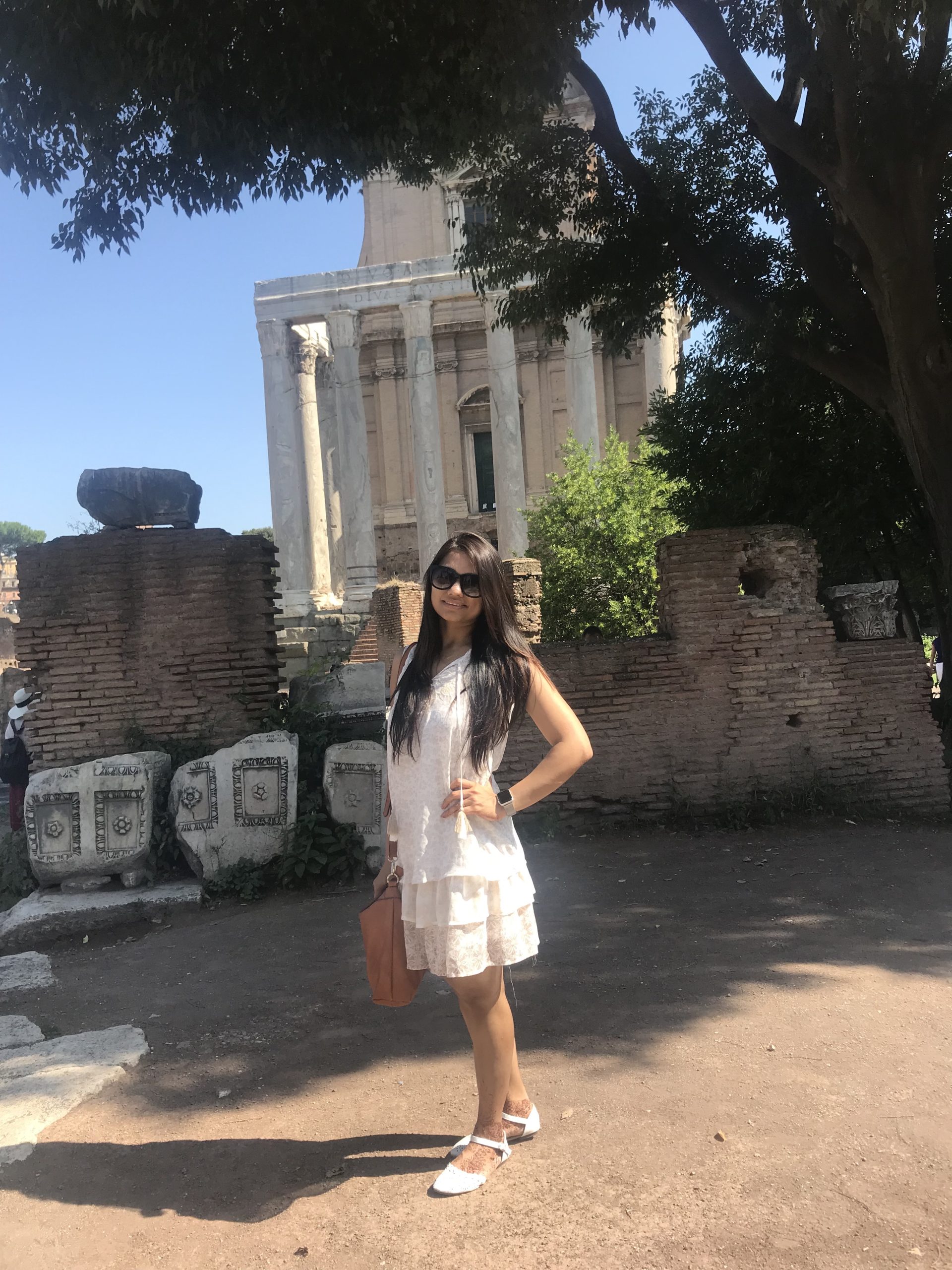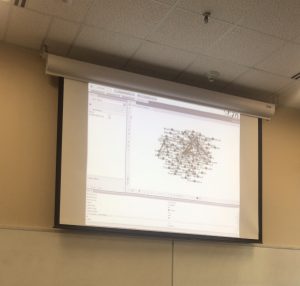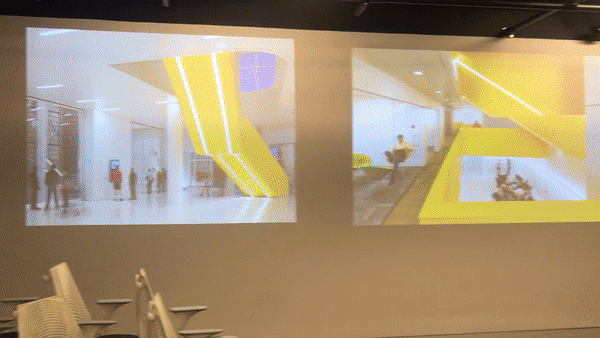It is interesting how sometimes, you know exactly what you want to say, but you don’t have the right words because you were not trained to imagine things a certain way. That is how I feel about the term ‘digital rhetoric’. I believe that digital rhetoric cannot be learned, it can only be acquired. I happened to find digital rhetoric in the work that I was always interested in doing – it soon became a part of most of my research experiences, teaching experiments and knowledge communities to whom I belonged. What I love the most about digital rhetoric is the interdisciplinarity which emerges from not only the scholarship but also from the people involved in developing it.

My background in engineering taught me to look at everything as a binary. A software programming code either works or throws errors; a value is either true or false; electrons in an electric signal either have a positive p-charge or a negative n-charge. All of this made sense until I started working as a technical communicator at a software company. Despite the years of experience, technical communicators still struggle with addressing all audience concerns through their published customer facing content. In 2014, while conducting an audience analysis study to support a conditional logic structure for help content, I realized how complex audiences are and felt the need to using non-binary methods. This has been my current research focus as well – to look at the changing nature of audiences especially in participatory networks, where audiences are not only the consumers of information but also the producers of knowledge. Digital rhetoric in its multiple forms including visual rhetoric, algorithmic agency and audience identity, genre analysis and ethical behaviors in collaborative spaces, has been extremely important to pursue this research. Such an interdisciplinary nature of research has helped me identify gaps in technical communication practices that can be filled using the knowledge in these diverse fields.

The interdisciplinary ideas have been instrumental in my understanding and teaching of artificial intelligence (AI) concepts. I’m currently teaching a digital rhetoric in artificial intelligence course that focuses on critically analyzing human-computer interactions and building an AI project.
Through close readings and provocative discussion of texts, students explore theories of rhetoric and AI in relation to topics such as identity, gender, posthumanism and culture. The design component of the course enables students to visualize socio-technical networks in the making of chatbots. Students develop algorithmic structures to test their design for diverse audiences. Finally, they learn to build chatbots using programming languages and various technologies. Interdisciplinarity is not just evident in such collaborations that merge STEM fields with the humanities or design schools with social sciences. Within the humanities, research areas like digital rhetoric, digital humanities and technical communication are practicing interdisciplinarity at a meta level. The understanding and support for these practices is what I love the most about the Digital Rhetoric Collaborative.

In my first month as a fellow, I have already had an opportunity to meet with and start working with scholars who work with projects which are distinctly different from one another, but at the same time fall under the “digital rhetoric” umbrella. I plan to help with website maintenance, its accessibility testing and the second phase of usability testing. I am also looking forward to the opportunity of providing support to the instructors of digital rhetoric worldwide by providing necessary tools and guidance to go with their research scholarship either through a repository of free/open source tools, relevant literature or through instruction.
About 4 years of experience in the industry and the graduate level exposure of working on research projects in the technical communication discipline has helped me realize how important collaboration is in order to grow as a scholar. The interdisciplinary nature of the DRC initiative helps expand the learning even more. At the conferences that DRC is involved with, I plan to foster conversations that can help extend the network and conversations between various disciplines that are currently unknowingly contributing to the field of digital rhetoric.
